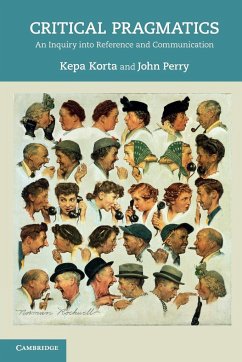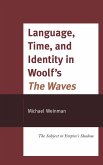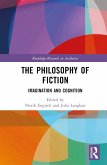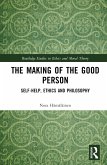Korta and Perry explain why critical pragmatics provides a coherent picture of how language study fits within the broader picture of human thought and action. They argue that the process of referentialism focuses on utterances and emphasizes that in communication we rely on utterance-bound ways of thinking of referents. Critical Pragmatics develops three ideas: language is a way of doing things with words; meanings of phrases and contents of utterances derive ultimately from human intentions; and language combines with other factors to allow humans to achieve communicative goals. In this book, Kepa Korta and John Perry explain why critical pragmatics provides a coherent picture of how parts of language study fit together within the broader picture of human thought and action. They focus on issues about singular reference, that is, talk about particular things, places or people, which have played a central role in the philosophy of language for more than a century. They argue thatattention to the 'reflexive' or 'utterance-bound' contents of utterances sheds new light on these old problems. Their important study proposes a new approach to pragmatics and should be of wide interest to philosophers of language and linguists.
Bitte wählen Sie Ihr Anliegen aus.
Rechnungen
Retourenschein anfordern
Bestellstatus
Storno








